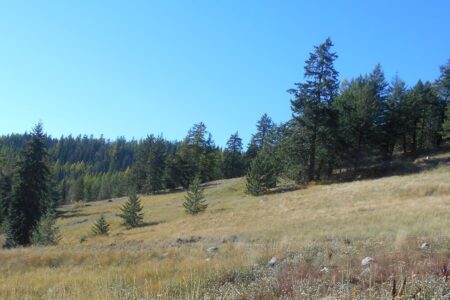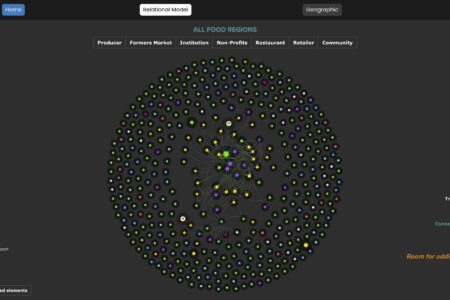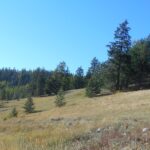The trouble with truffles - Castlegar style
The environment ministry is turning eyes toward Castlegar – not because of any sort of spill or calamity, but rather because of a truffle.
Yes, that’s right, a truffle.
It all started when life-long area resident Vera Chernoff was digging around in her flower bed and found what she thought was a rotten potato – which would be odd, given this garden bed was for flowers, not produce. She took it into her house and showed it to her husband, Nick, who cut it open and came to the conclusion that it was actually a truffle.
This is passing strange, as truffles are rare and grow only in select places in Europe, The US Pacific Northwest and Eastern Canada – not in B.C. (although, according to the BC Truffle Association, there are successful efforts to produce commercially-grown truffles in Abbotsford, BC). Furthermore, the Chernoffs have lived on this land for well over a decade, and never seen anything like this find – which is one of the most expensive and sought-after fine-dining ingredients in the entire world.
Arguably, this could just be because Nick (you may know him as owner of Trowelex, or last year’s Citizen of the Year) has ridiculous luck – roughly four years ago, he found a nugget of exactly one ounce of gold. He even jokes about having trouble getting through airport metal detectors because the horseshoes he seems to have … well, you get the idea.
At any rate, The Chernoffs started researching and soon discovered some truffles are worth more than their own weight in gold.
“I found a perfect picture of it on the Internet – I know it’s a truffle,” Nick said, adding some varieties of the sub-surface fungi sell for $500 a pound.
So the family emailed the BC Truffle Association for more information, and were subsequently contacted by an environment ministry representative, who asked them to dehydrate the truffle and send them spore samples so they can analyze the find.
This neatly solves what could have been a conundrum for Nick – when asked, originally, what he was going to do with the pungent find, he said, “Eat it? Are you kidding? I can’t afford to eat that!”
Now, though, he’s excited at the potential – naturally-occurring truffles, he said, could prove to be a real marketing boon for the area.
Failing that, the entire experience was a fun and diverting opportunity to learn about one of the world’s most expensive forms of fungi.


























